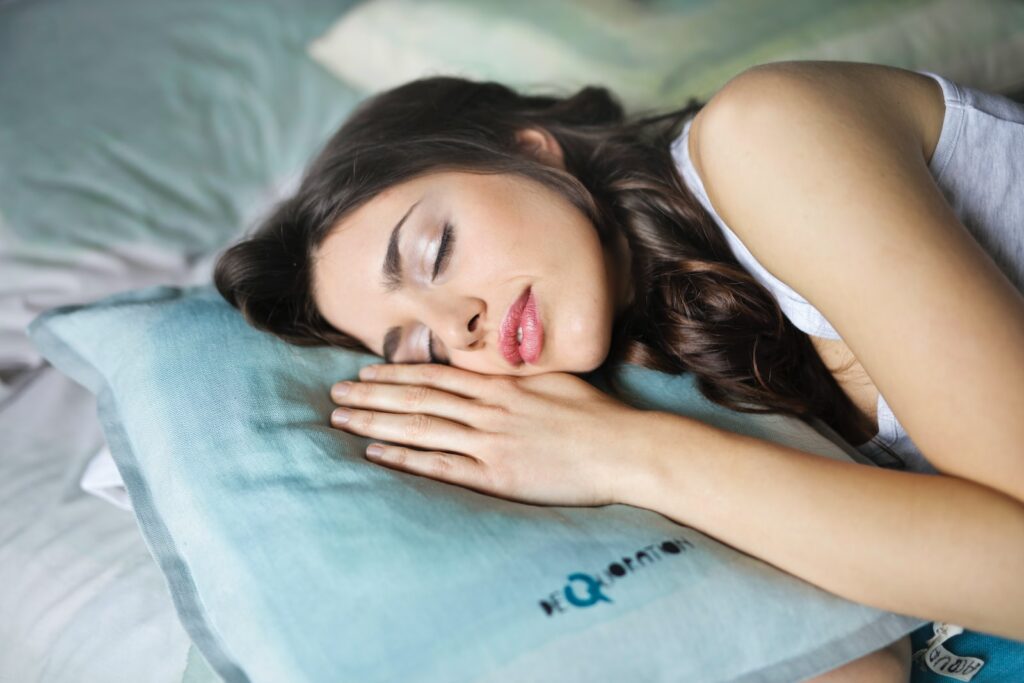Has anyone had a good sleep lately?
With the cost-of-living crisis, ongoing Covid stress, general anxiety sound travel and lost luggage – is it any wonder so many of us are desperate for a solid night’s sleep?
A study published in the Journal of Clinical Sleep Medicine found that 40% of the 2500+ adults who took part reported a reduction in their sleep quality since the start of the pandemic.
Another study in the American scientific journal Frontiers in Sleep, published in July 2022, revealed less than a third of US adults received high scores for restorative sleep– meaning the majority of those surveyed were not getting decent shuteye on a regular basis.
It might come as no surprise then that as travel rebounds, one of the emerging trends predicted to grow in 2023 is sleep tourism, with hotels around the world offering to help take the metaphorical baggage off your shoulders and replace it with sweet dreams.
Luxury hotels abroad are offering in-room therapies and wellness tools designed to help support a better sleep. They include meditations, aromatherapy aimed at calming the mind, pillow menus and herbal teas, and at the extreme end, custom-made beds that use artificial intelligence to control the bed’s temperature. Others are creating more dedicated intensive sleep wellness getaways.
But our need for sleep comes at a price. Sleep is a luxury, after all – ask any parent for small children. The higher the stress in our lives, the more of a luxury sleep becomes. And hotels know it’s a luxury they can capitalize on, targeting the high-end traveler with promises of a rejuvenating and restorative trip to the land of nod. To many of us, that sounds like a dream.
Lake Nona Wave Hotel in Orlando is home to a dedicated room category, named Well+ech, hardwired with a rotating roster of inventions from pioneering brands leading the future of sleep innovations.
Among these are the AI-powered Restorative Bed via Bryte , which uses AI to track sleep cycles and adjust body temperature and pressure points throughout the night, and which is also being used in New York’s Park Hyatt Hotel. Also, accessories like Smart Nora, a snoring aid by Sleep Score.
Installed throughout the entire hotel, View Smart Windows uses artificial intelligence to automatically adjust in response to the sun in order to increase access to natural light, leading to more sleep. The hotel offers guests private access to certified sleep therapist and Nurse Practitioner Kristina Grabnickas APRN (myself) who can create daily itineraries to achieve optimal sleep.
Sleep doesn’t come cheap, as it appears, and this basic need is evidently a luxury only some can afford.
